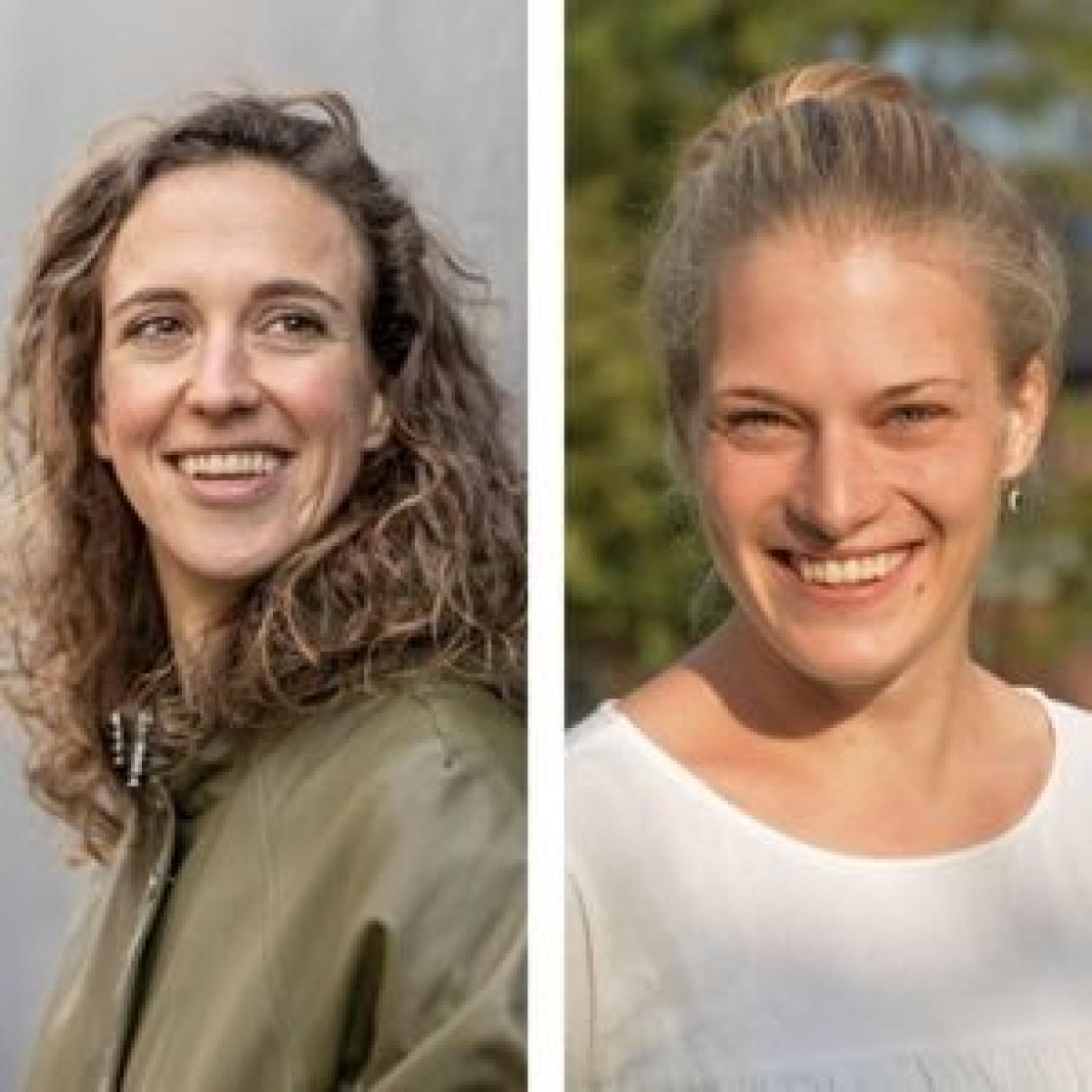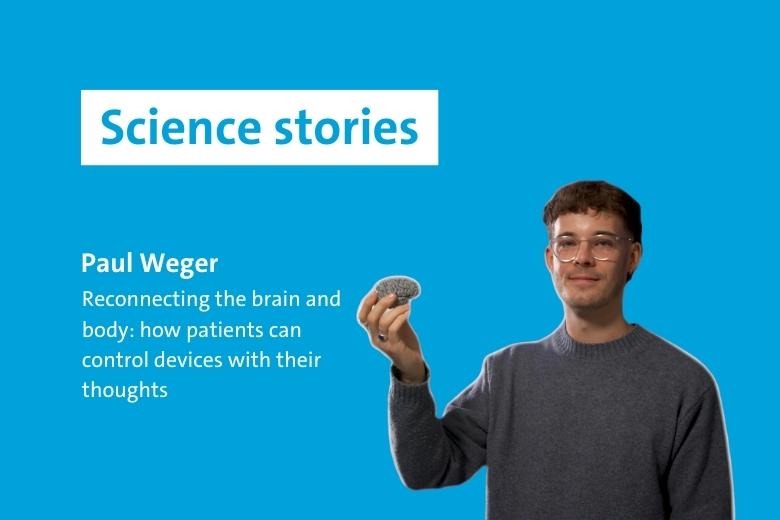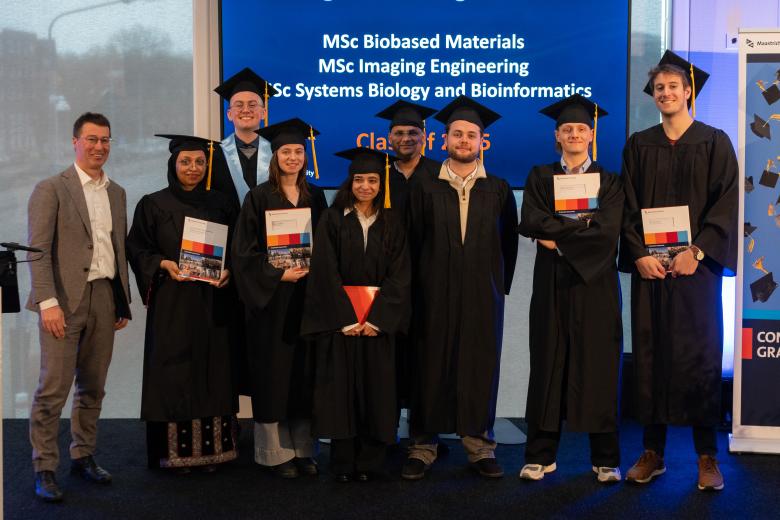Esther Boudewijns nominated for Albert Schweitzer Prize 2022
Our PhD candidate Esther Boudewijns and her colleague Evelyn Brakema (Leiden University Medical Center) have been nominated for the Albert Schweitzer Prize 2022 with the project 'Cooking should not kill'!
What is the project 'Cooking should not kill' about?
2.6 billion people, a third of the world's population, cook on an open fire. The smoke that is released has a major impact on their health. 3.2 million people die each year as a result. Cleaner cooking solutions are available, but previous attempts to implement them have often been disappointing. There is a lot of knowledge about how implementation can be improved, but that knowledge does not reach the people in the field. Esther and Evelyn have studied factors that can improve the implementation of clean cooking solutions. They have converted the results of this into two practical implementation tools (published in the Lancet Planetary Health). They want to convert these tools into two user-friendly online interactive tools and ensure that the tools are put into use. These tools help the local companies to take into account important factors, such as costs and local needs, when making their implementation plan. This improves implementation success and will ultimately lead to significant health gains.

Vote now!
You can vote for this project until 8 October 2022 via this link: https://www.nasf.nl/inzendingen_asp/koken-mag-niet-doden-20222/
Video
Also read
-
Green school playgrounds boost concentration and wellbeing
Children at schools with green playgrounds are better able to concentrate and display more social behaviour. This is the conclusion of a follow-up study within the long-running project The Healthy Primary School of the Future .
-
Reconnecting the brain and body: how to control devices with your thoughts
Can you control a robotic arm with your thoughts? Paul Weger (MHeNs) studies this to give back independence to patients with neurological conditions.
-
Ron Heeren appointed fellow of the Netherlands Academy of Engineering
Professor Ron Heeren, distinguished university professor at Maastricht University (UM) and director of the Maastricht MultiModal Molecular Imaging Institute (M4i), was appointed as a fellow of the Netherlands Academy of Engineering (NAE) on Thursday 11 December.